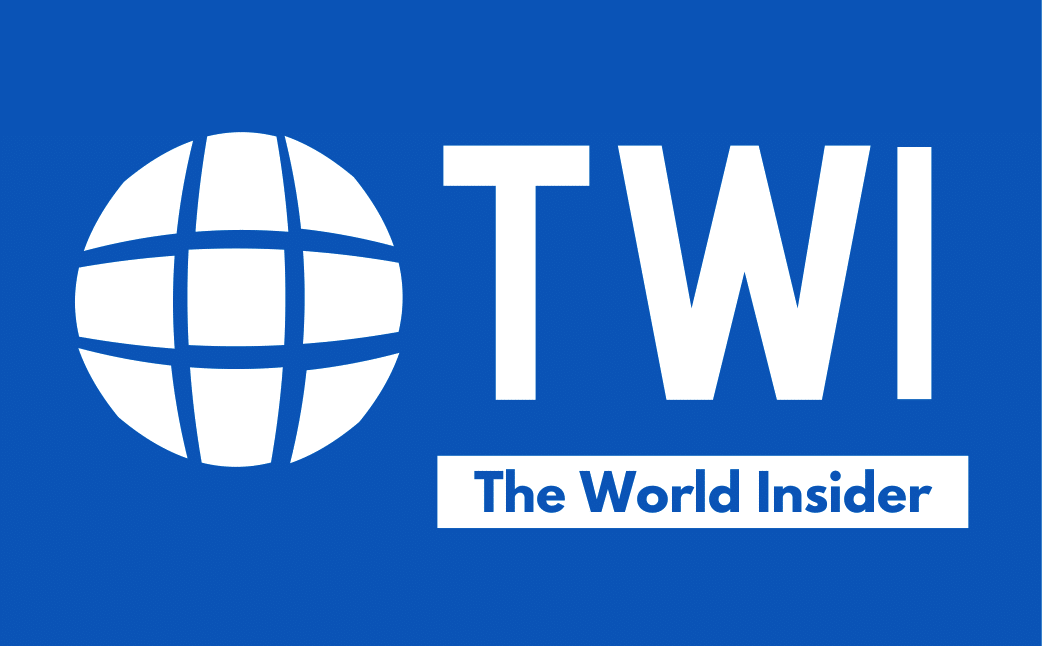Slovakia’s new populist Prime Minister Robert Fico said that his government was halting military aid to Ukraine. This marks the first decisive response to the diminishing Western support for Kyiv, which is now bracing itself for its second winter of conflict with Russia.
Slovakia’s Prime Minister Robert Fico said that he would stop delivering arms to Ukraine. “We see aid to Ukraine solely as humanitarian and civilian aid, and we will no longer supply Ukraine with arms”, Fico declared, the day after his appointment as head of a coalition government that includes a pro-Russian far-right party. “The war in Ukraine is not ours, we have nothing to do with it”, he added.
In his statements Fico also announced that he would not support new sanctions against Russia until his government analyzes its impact on Slovakia. “If such sanctions are going to harm us, as is the case with most sanctions, I see no reason to support them,” he insisted.
Fico, who heads the leftist-populist Smer party, emerged as the clear winner in the general election in September in Central European country. He was sworn in as the head of a coalition government this week with the rightist-populist SNS party and the social-democratic Hlas party. This is the third time Fico took the office of prime minister.
“Zero military aid to Ukraine”
Halting arms deliveries to Ukraine were among Fico’s top campaign promises. “I will support zero military aid to Ukraine … An immediate halt to military operations is the best solution we have for Ukraine,” he said, adding that “The EU should change from an arms supplier to a peacemaker”.
Bratislava has been a staunch supporter of Kyiv since Russia invaded in February last year, donating fighter jets, weapons and opening its borders for refugees. Slovakia had pledged 680 million euros in total government support to Ukraine through July 2023, according to the German-based Kiel Institute.
Slovakia, the country of 5.4 million people, was among the first NATO countries to offer fighter jets to Ukraine. The country sent its Soviet-era S-300 air defense system and Mikoyan MiG-29 fighter jets to Kyiv. This stance and support are, however, undergoing a shift under Fico’s rule.
Hungary criticizes more aid to Ukraine
At a summit of the EU’s 27 national leaders in Brussels, Hungarian Prime Minister Viktor Orban opposed the European Union (EU) giving 50 billion euros in aid to Ukraine, while his Slovak counterpart cited corruption in expressing reservations over extending new financial support to Kyiv.
Meanwhile, the European Commission is working on a proposal to pool some of the profits derived from frozen Russian state assets to help Ukraine, the EU executive’s president, Ursula von der Leyen, said on October 27.
Most EU leaders support new aid for Kyiv
As Hungary and Slovakia voiced reservations at the summit, most European Union leaders supported granting more financial support to Ukraine ahead of a unanimous decision the bloc needs to make in December.
The EU executive has proposed that the bloc’s 27 countries chip in more funds to finance additional shared spending through 2027, including extending 50 billion euros ($52.8 billion) in new aid to Kyiv. The overall EU support for Ukraine has totaled almost 83 billion euros since Russia invaded in February 2022, according to the European Commission.




